Recent decision to ban book avoids deeper truths at its heart
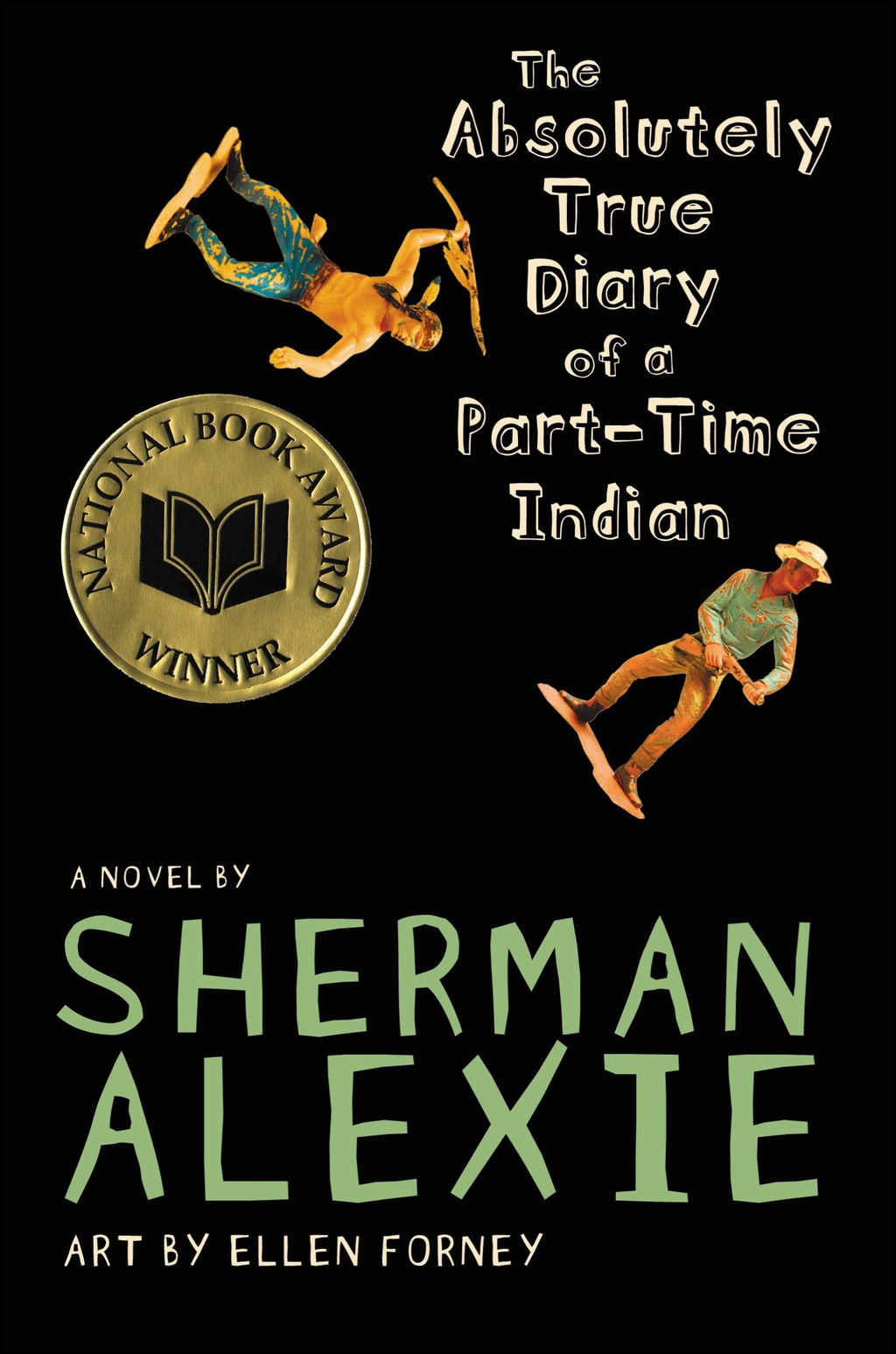
Sherman Alexie’s young adult novel, National Book Award Winner The Absolutely True Diary of a Part Time Indian, speaks autobiographically of the range of issues that young adolescents frequently face. He covers the topics of violence, gang warfare, physical and sexual abuse, mental trauma, depression, absentee parenting, alcoholism, racism and poverty; all issues he himself faced as he grew up on a neglected indian reservation. His book expresses the real struggles that an infinite number of real teenagers face, and does so in an extremely relatable way.
So why has it been banned in school systems across the country? Recently, the Waterloo School District’s executive director of K-12 curriculum, Debbie Lee, banned the book from from coursework in it’s middle schools on the premise that it is “inarguably inappropriate.” Yes, the text contains references to masturbation and profane language, but what Lee and others who have banned the book fail to understand is that such references are essential to understanding the messages about adolescence that the text sends.
Kevin Roberts, a literacy teacher at George Washington Carver Academy, was in the middle of teaching a unit on Alexie’s novel when it was pulled. “As one who has used this book in the classroom, navigated the references to masturbation and profanity and fostered rigorous dialogue about theme and action in our community, I disagree with the blanket censorship of this book,” he said. Roberts is aware of how much his 13- to 14-year-old students can relate to the novel’s depiction of an adolescent struggling against adversity. During the first years of teenhood, students are at a crucial social-learning age. It is necessary for all students to understand the oncoming struggles of adolescence all students will be face in life in one form or another. There is no way to protect young teens from all of adversity’s disguises. It is essential to teach them, in a classroom setting, what the experience of adolescence is like. Instead of banning the book the first time a swear word or controversial situation is seen, teachers and executive curriculum directors should instead focus on teaching why those words and situations are used, and how they give significance and meaning to the purpose of the text as a whole. Alexie’s novel is meant to open up readers’ eyes to the struggles of young adulthood. Banning the book is doing just the opposite of that: it is narrowing minds, taking a whole world, a world that is screaming to be heard, and shutting it down. Alexie, in a recent article published by the Wall Street Journal, wrote “ I write books for teenagers because I vividly remember what it felt like to be a teen facing everyday and epic dangers. I don’t write to protect them. It’s far too late for that. I write to give them weapons—in the form of words and ideas—that will help them fight their monsters. I write in blood because I remember what it felt like to bleed.”
This specific ban brings up the larger controversy of censorship in the education system. Alexie’s novel is most certainly not the first to be banned from school systems, and advancements in technology are bringing about more recent website bans as well. Donna Mallin, a junior high English teacher, commented on the issue. “Censorship is not a new issue, and it is shocking to see that it continues. Everyone’s knee-jerk reaction is burn the book! You, [as students] have the right to follow an inquiry you have, and any obstacle put in the way of your learning could almost be deemed anti-education,” she said,
Students’ inquiries, interests and muses are shut down nearly daily by broad censorship of both written and online material. Yes, some students will abuse negative material when given the chance, but this doesn’t justify harsh restrictions for all students, especially when such restrictions stifle our education.

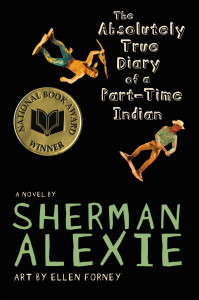
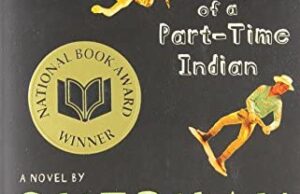
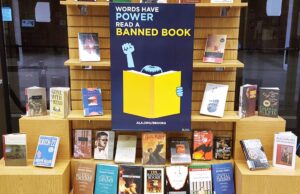
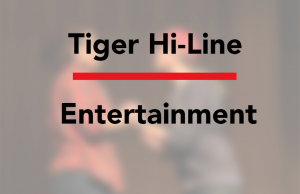





You must be logged in to post a comment Login